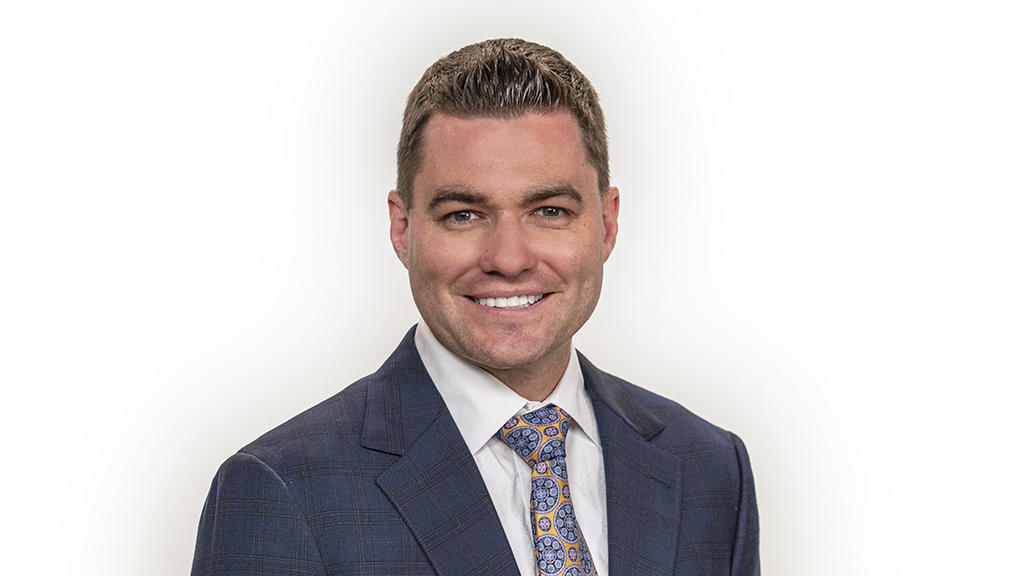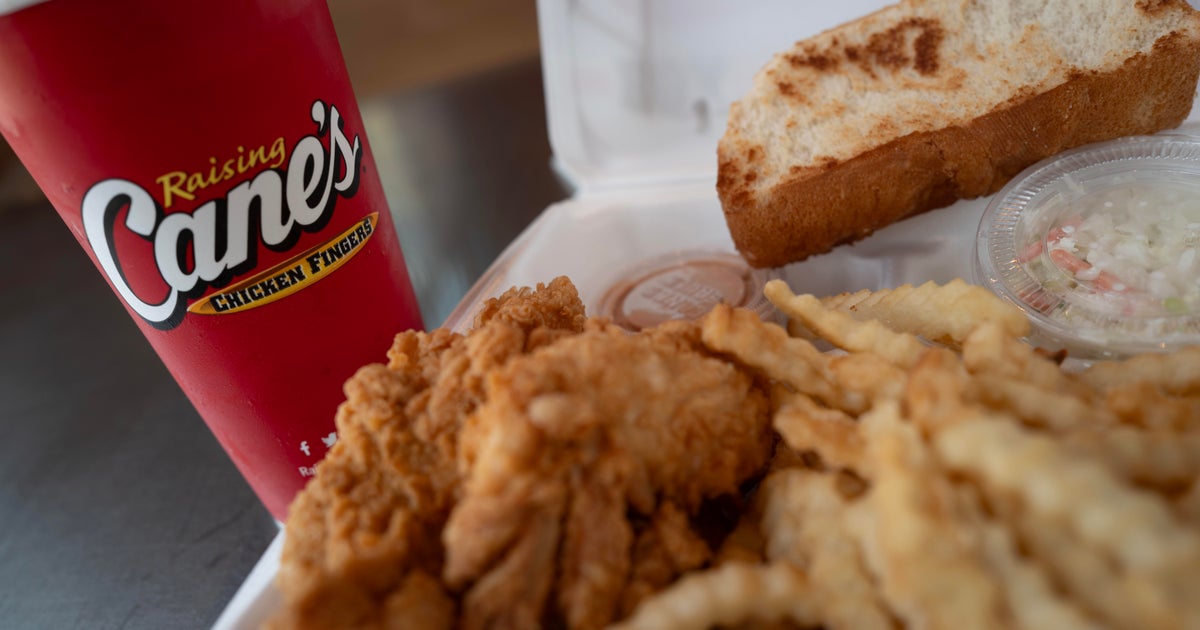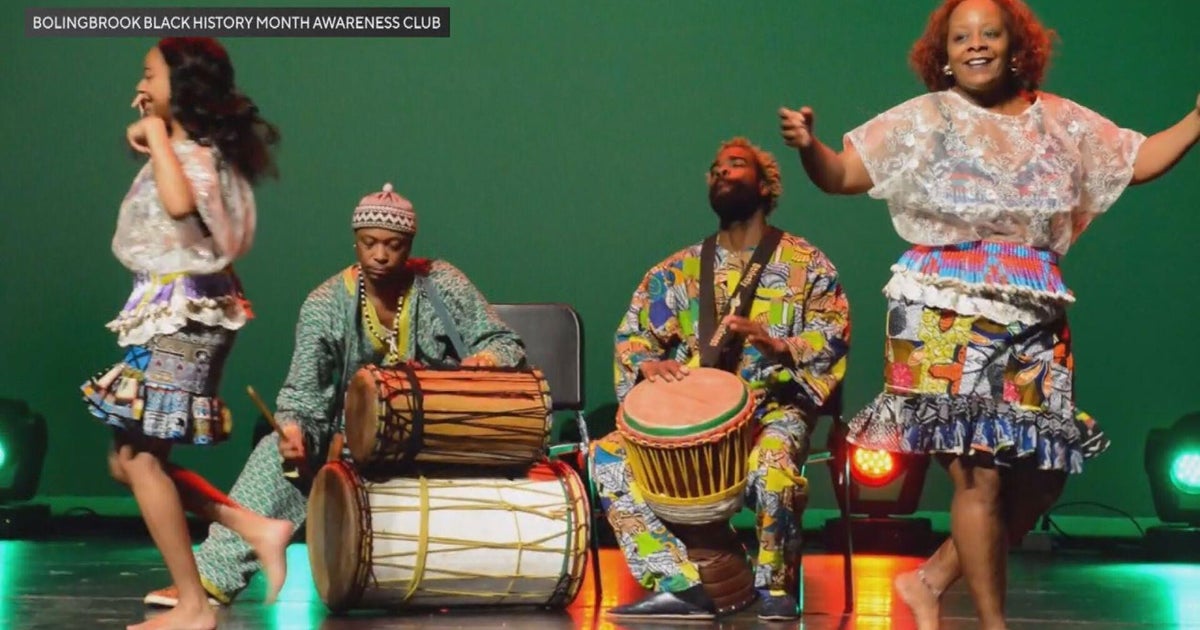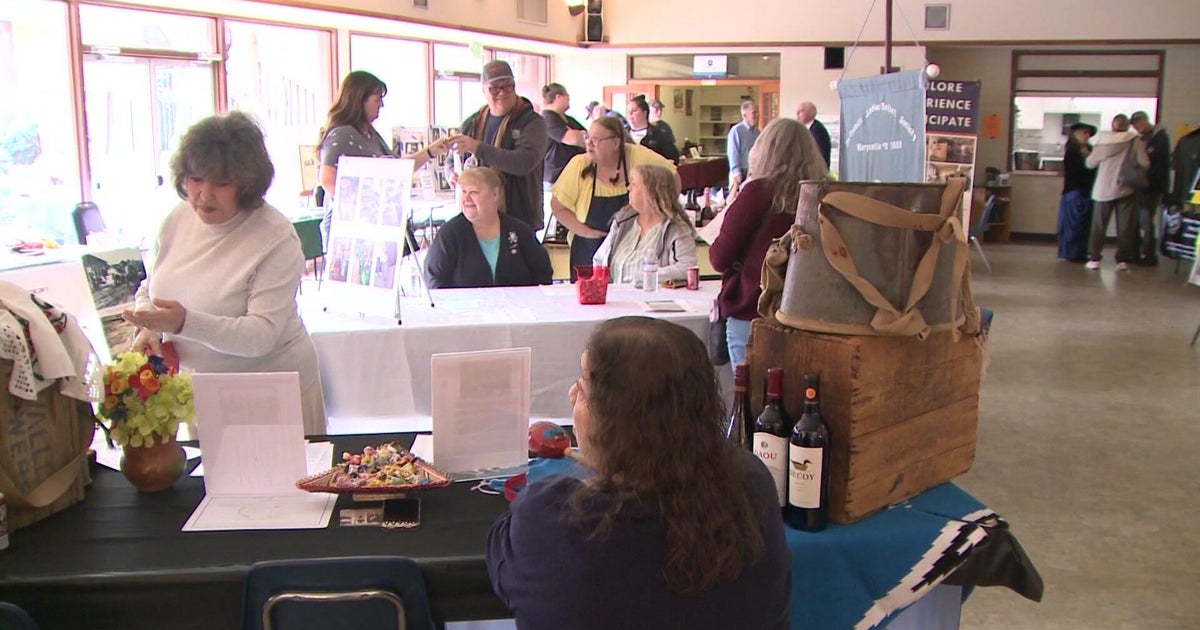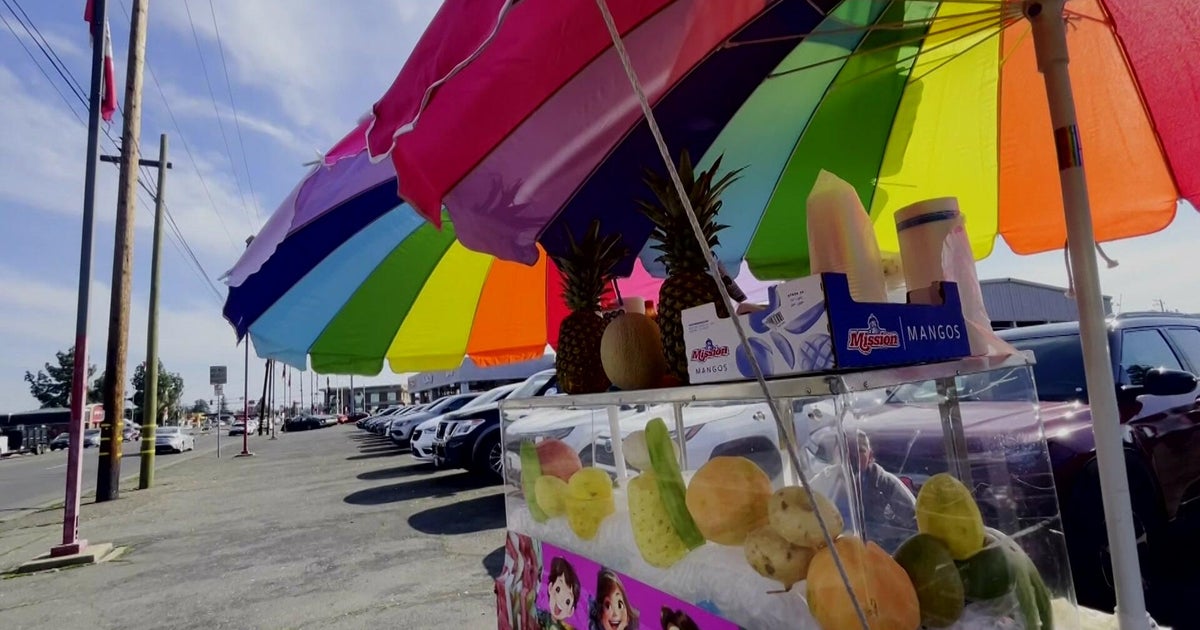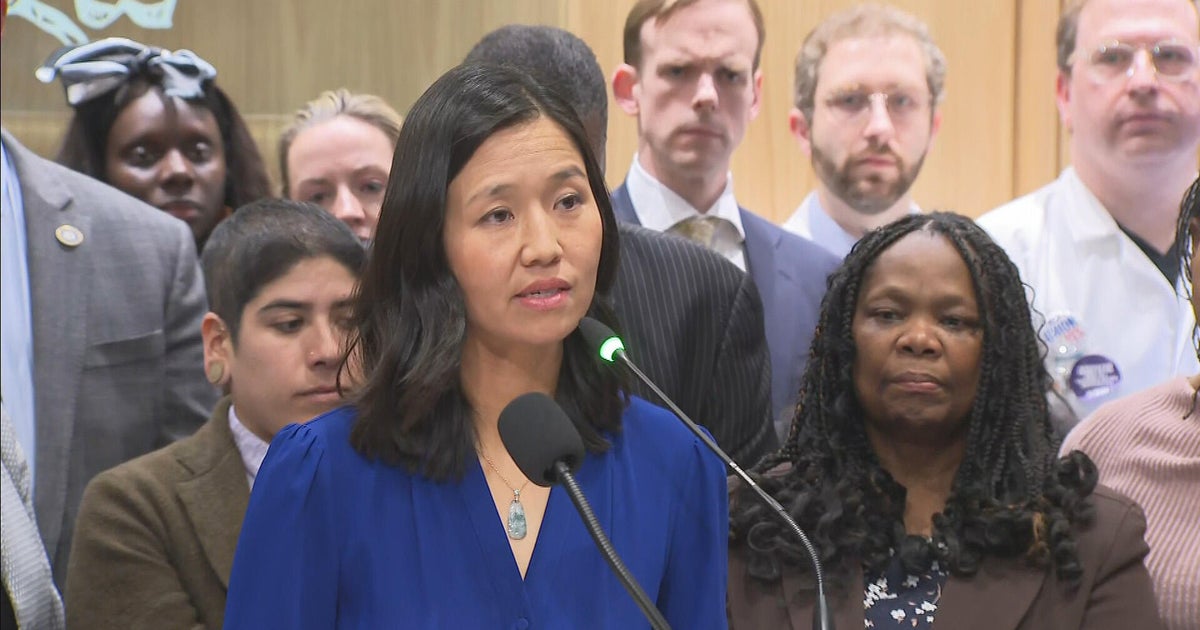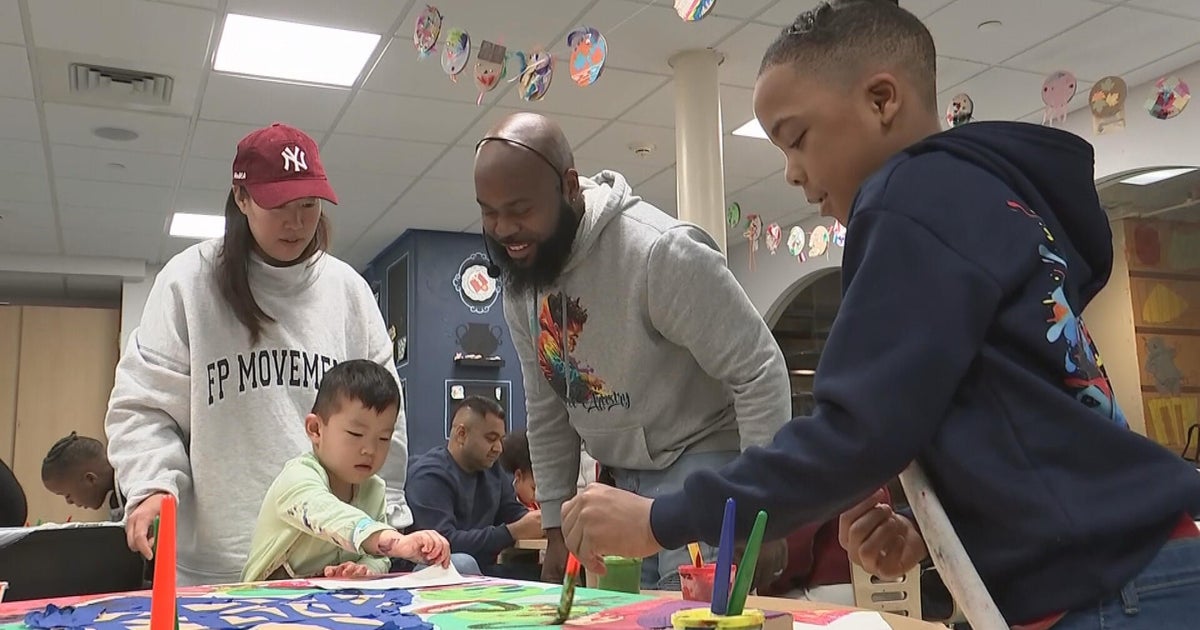Harm Report looks at how past decisions have harmed Boston's current Black communities
BOSTON -- Embrace Boston recently published a more than 140-page document it calls the "Harm Report." It looks at seven different areas of life where past harm toward Black communities has created present-day problems.
"To really start to address the problems, we kinda need to know where we are at," said Gregory Ball with Embrace Boston, "This isn't a report to start pointing the fingers; this is a report to say, 'This is where we are at; now, let's roll up our sleeves."
You can think of the report as guidelines for organizations and politicians when making future choices or legislation. It comes with an estimated $14.2 trillion worth of recommendations for federal spending. The money touches on the harm areas of Culture & Symbols, Housing, Transportation, Education, Criminal Legal Systems, Health, and Income & Wealth & Entrepreneurship.
"When you hear a number like that, and it seems astronomical, you really have to think compounding interest," said Elizabeth Tiblanc with Embrace Boston.
"It's correcting the harms that happened to one community for the benefit of us all," added Ball.
Grocery store owner Ismail Samad is already tackling three of these injury areas at the same time out of his shop Nubian Markets in Roxbury. His name comes from the neighborhood, which used to be known as Dudley Square. The neighborhood got the name changed to Nubian Square. This falls under Culture & Symbols.
"One of the things that is missing is these sort of symbols that resonate enough with us to be able to say, 'That is ours,'" explained Samad. "That pride of place. You know, the dignity you can have when you see yourself represented in critical points of the community you live in."
The reason Samad co-founded the market in Nubian Square is because it was a food desert that he believes was leading to poor health habits for the people living there.
"Traditional grocery stores won't come into communities where you don't have a proven track record of success when it has comes to places where people have been forced to eat unhealthy for a while," says Samad, "What does typically come into Black and Brown communities are cheap, affordable, salty, and sweet. Small corner stores, bodegas, or fast food places that don't carry what we should be eating daily. You have a food system that itself is racist, is weaponized, that forces unhealthy food on our communities."
Ismail gained financial aid from the Boston Medical Center to open the store. The money is part of the organization's commitment to community health and wealth building. You will also find him helping out other Black business owners. There are more than 40 black-owned business tags up and down the shelves, and they are strategically placed.
"It's very difficult to scale brands without getting an opportunity to get on the shelf," explains Samad, "Traditional grocery stores will prioritize whiteness even though we don't see it. It just becomes habit. You have the sampler Black-owned business on the bottom shelf, and you have Kraft on the middle shelf. What we do is, you can get a hot sauce that's a big-name brand, but it's going to be on the lower shelf. When you look at who owns the land and the big brands, it is not Black folks, and it is because the historical context that needs to be examined, which is dollars in, first opportunity to own."
"Something as simple as where should a grocery store should go, that is super important," said Ball, talking about how the Harm Report can influence future decision-making in Boston. "This is the best way to see what the lay of the land is, then to look forward and to have a starting point to have much-needed conversations. Now that you understand the lay of the land, you can say, 'Maybe we can put our strategy and programming to go this way.'"
